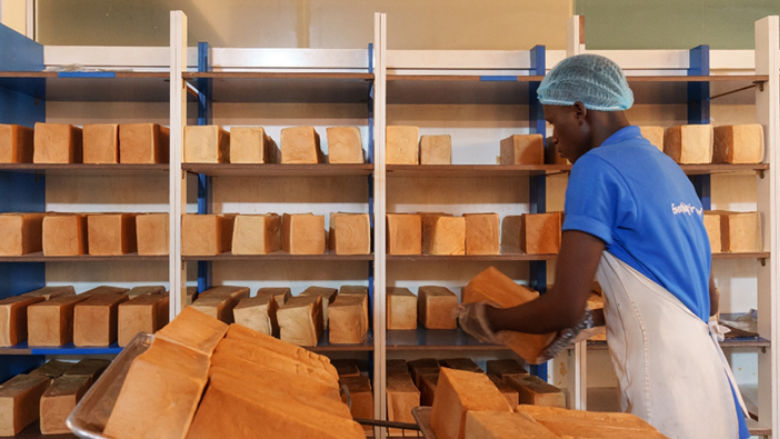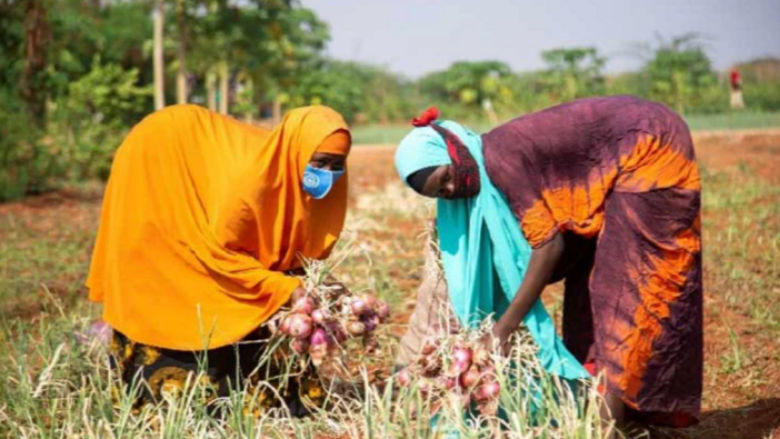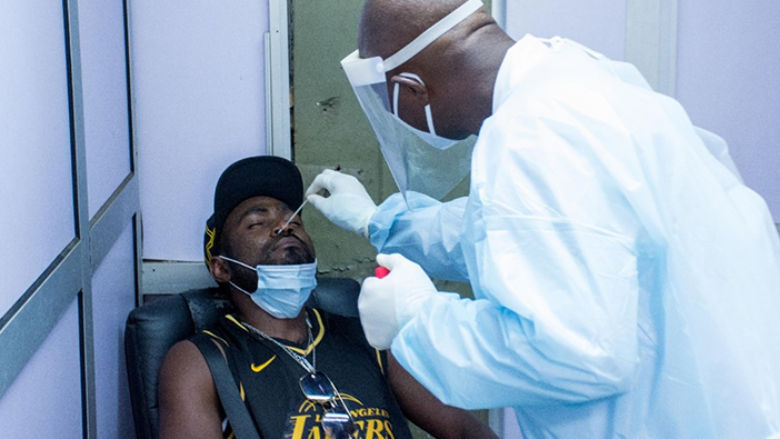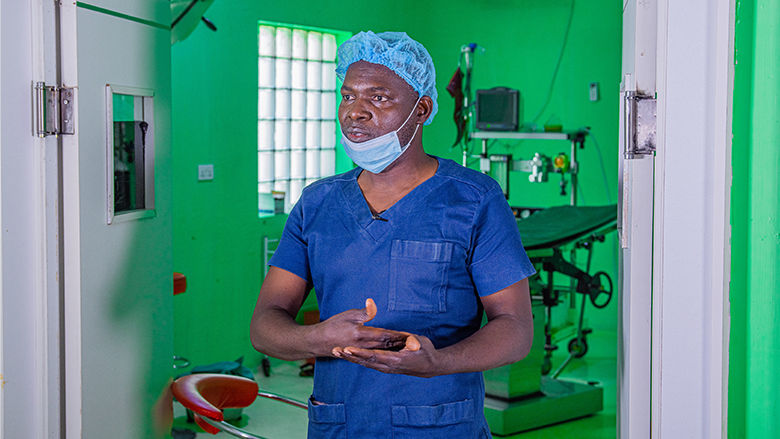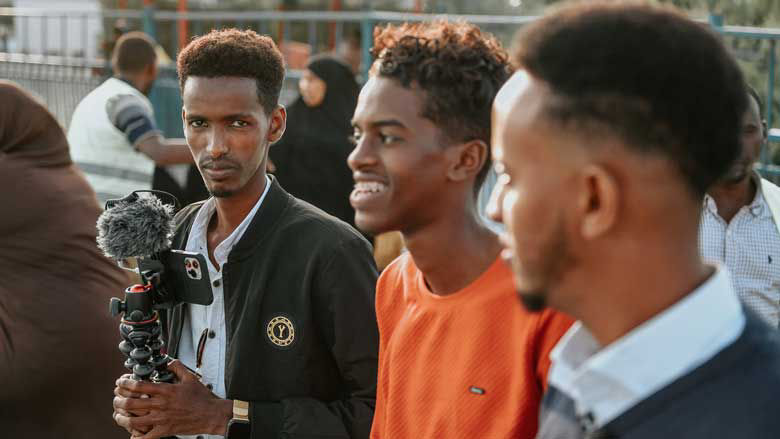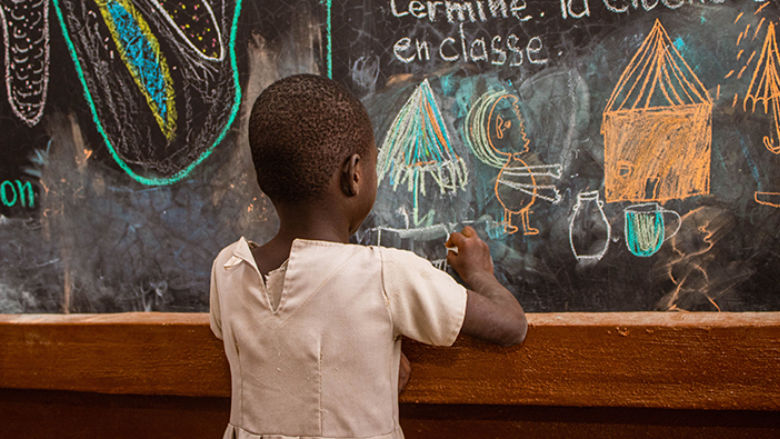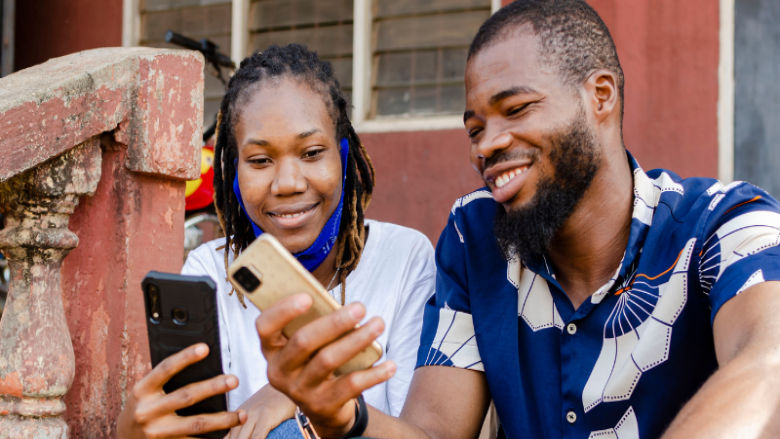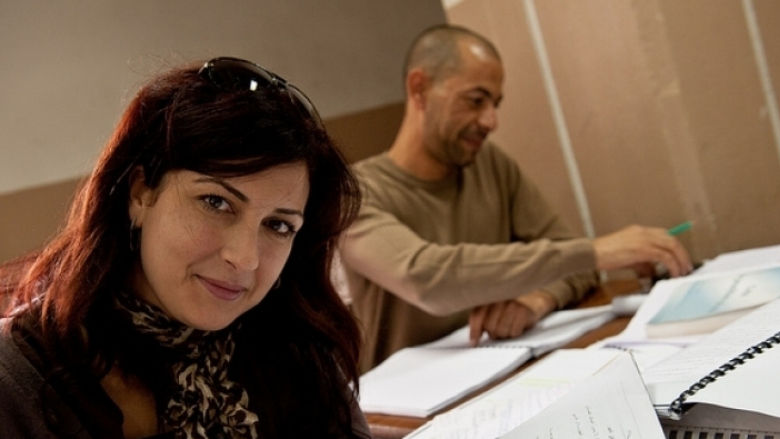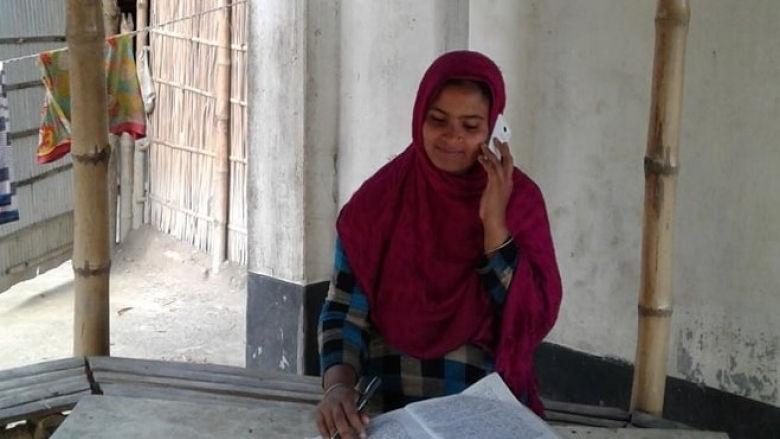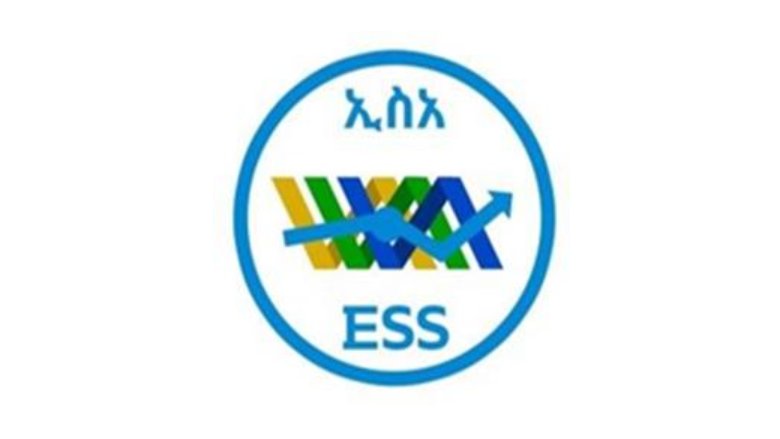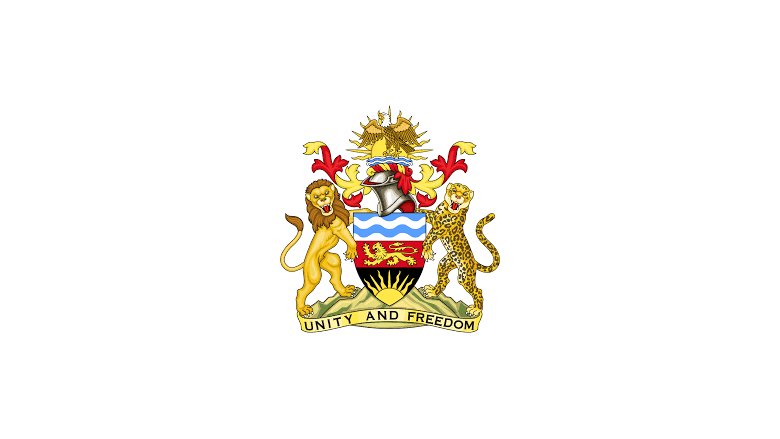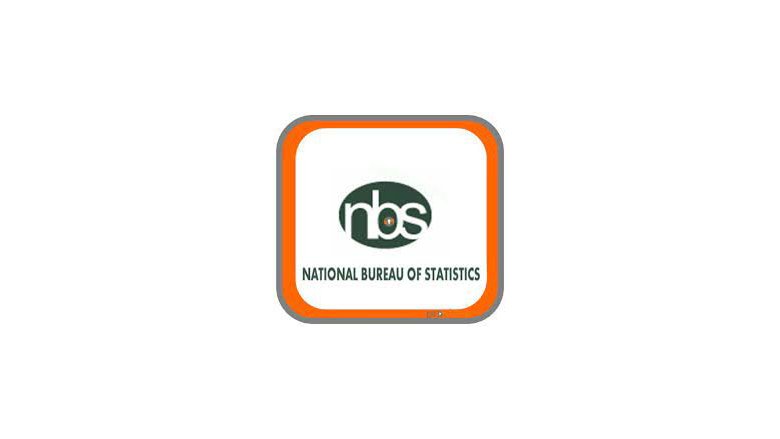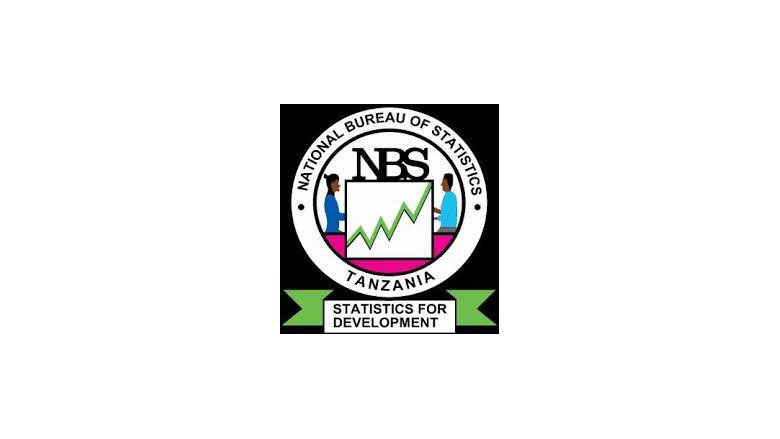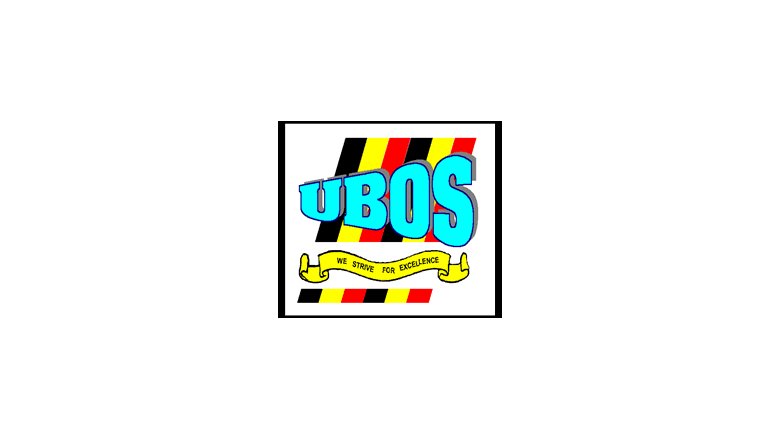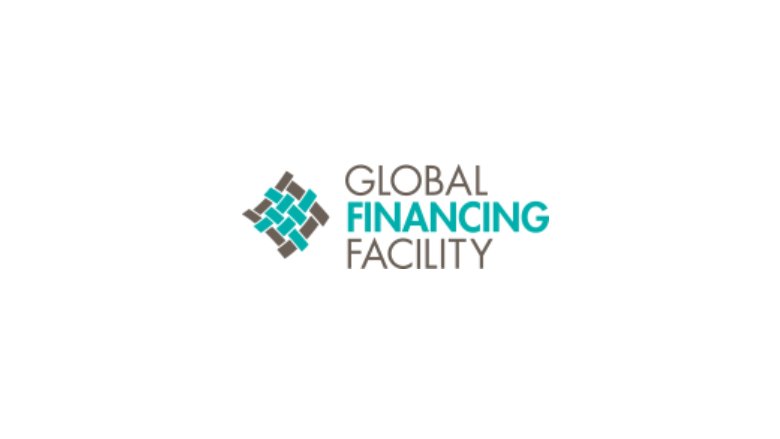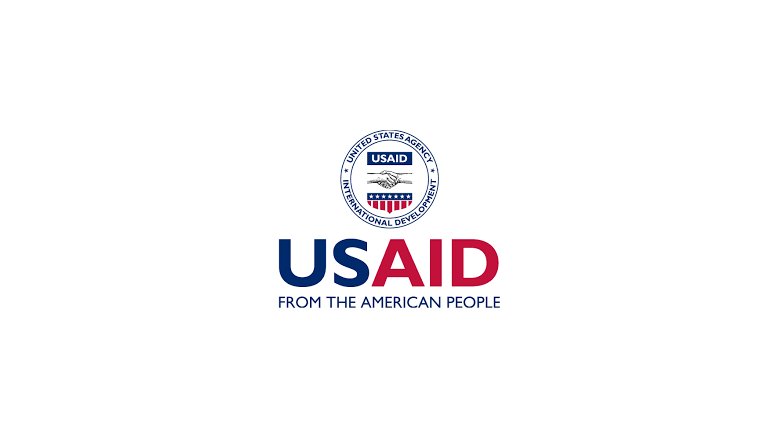Featured reports:
False beliefs regarding COVID-19 coexist with accurate knowledge about symptoms and preventive measures and are correlated with the level of respondentˇŻs education. Large groups of respondents reported false beliefs regarding COVID-19 which may discourage hygiene and social distancing.
Respondents demonstrated high willingness to be vaccinated if safe and free vaccine was available and to be tested for COVID-19 for free. Share of respondents who would agree to be vaccinated if free and safe vaccine was available increased from high 84 percent in October/November 2020 to 88 percent in February 2021.
Following the suspension of schooling during the second lockdown, overall participation in education/learning activities and school attendance decreased between April-November 2021 and remained very unequal. Participation in education and learning activities remained very unequal, with children in urban areas and from the wealthiest pre-COVID consumption quintiles having much higher chances to study compared to children in rural areas and from the poorest quintiles.
Every second respondent indicates that extreme weather events will likely affect negatively householdˇŻs financial wellbeing during next 12 months. Almost 70 percent of respondents experienced at least one of these shocks during the last 12 months: drought, irregular rainfall, or flood. The poorest and the rural residents were affected the most. Extreme weather events affected most or all households in the community. Delayed rainfall and droughts resulted in loss of crops in most cases. Despite being rare, floods had much wider negative impact on households leading to loss of livestock, loss or property, displacement, injury and even death of household members
There was an increase in the share of open family businesses and improvement in business revenues compared to the previous round. Access to essential goods and ability to buy desired amount remained limited especially for gasoline, cooking oil, beef, bread, sugar and rice. Inability to access essential good was the highest among the poorest respondents based on pre-COVID-19 consumption quintiles. Lack of income and high prices were mentioned as the key barriers.
All Survey Reports:
| | | | | Round 7 | Round 8 | |



